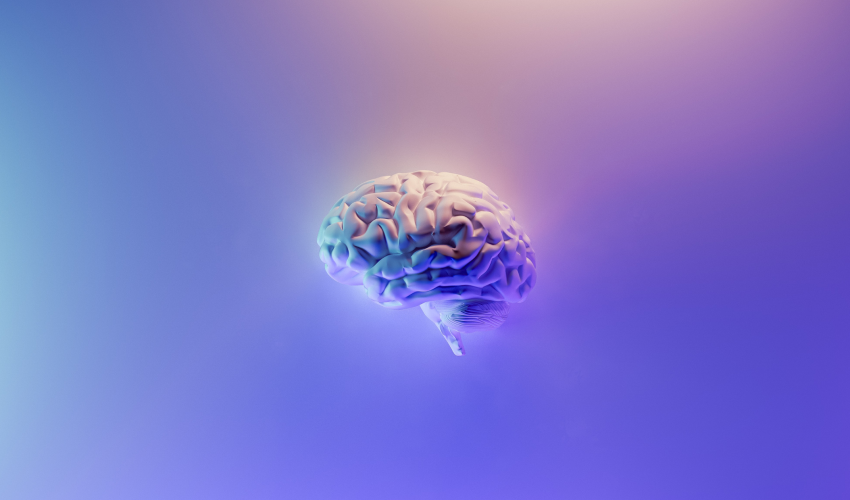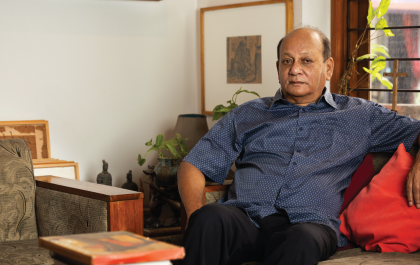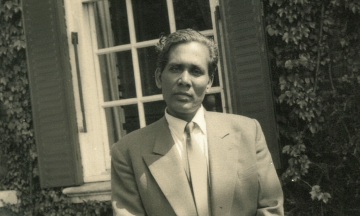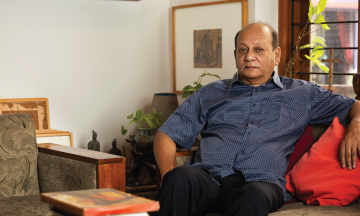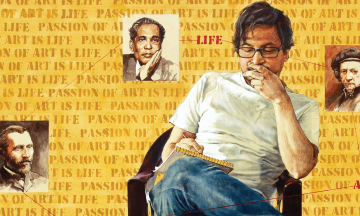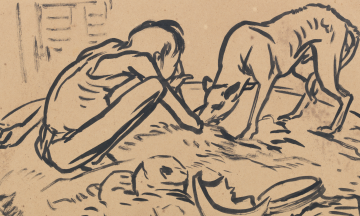By Abak Hussain
It’s never too late to learn, or reinvent yourself. All it takes is good mental hygiene
It was once held by medical orthodoxy — and is still widely believed — that at a certain point in life, the human brain hardens like plaster, and can change no more.
The conventional wisdom went something like this: In our early years, the brain is highly malleable. It is able to change, learn, and grow — it is “plastic.” This is why the bulk of our neurological development happens when we are babies. A baby goes from not knowing a single thing about the world to walking and speaking (though both are rudimentary and wobbly at this point) within the first year of life, and we rarely raise an eyebrow at this phenomenal pace of learning.
As adults, for one, we lose that sponge-like ability for language acquisition. Throughout our childhood and teen years, we go to school, make friends, enrich our experience of the world and continue to learn and change at a breakneck pace. Some learning and a changing continues into our twenties, until around 25, when the brain comes to full maturity.
After that, sure, a person can still learn things and develop themselves, but the changes are not as radical. Then in one’s thirties, growth crawls and sputters, and — or so it is often claimed — around middle age it comes to a screeching halt. Around midlife, as RK Narayan shed light on in his short story Fruition at Forty, the personality is truly solidified, one’s prejudices, likes, and dislikes are locked in for good. Learning plateaus. Learning a new skill, or a new language, many say, at this point becomes nearly impossible.
It is as though the middle-aged brain says to its keeper: “Give up trying to change. This is it, you are what you are.” You will, of course, see growth in many other areas, perhaps in your career, your bank account, or your waistline. But your brain, your personality, your mind? Hard as a rock, immutable. You struggle to finish a new book, you can’t understand tech that young people are always using, and any new music, i.e. music released after your college days appears to you like noise.
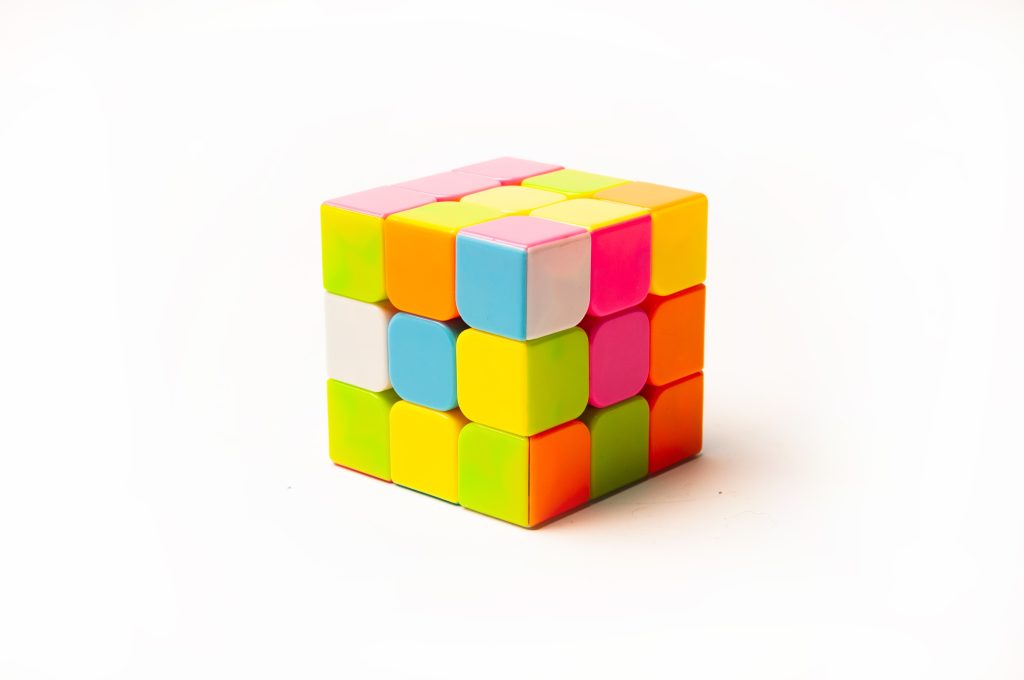
Move past the myth
Fortunately, this myth about the hardened, immutable adult brain has been shattered. There is, of course, some basic truth to the growing sluggishness of the brain which is hard to deny — we can sometimes “feel” our minds and brains calcifying, our brains losing their “muscles,” so to speak.
I myself have friends, people who I remember as the brightest, most inquisitive people in their youth, who, approaching their late-thirties or early-forties demonstrate tremendous unwillingness to read books outside their comfort zone (if they read at all), or experience new thrills, or stay up-to-date with the latest Gen Z vocabulary. They justify it with the combination of a lazy flick of the hand as though to say “I can’t be bothered to learn new things,” and a bit of faux-condescension (and thinly masked saltiness) about anything new, with dismissive comments like “there isn’t any new good music anyway, and I’m perfectly happy to be blissfully unaware of Gen Z culture.”
Grown-ups, all too often, think reading and learning about new subjects, and experiencing the novelties of life are the domain of children and the young
Herein lies the danger of the idea that the brain stops learning at some point: This can become a self-fulfilling prophecy. Grown-ups, all too often, think reading and learning about new subjects, and experiencing the novelties of life are the domain of children and the young. As such, they stop exercising and developing their mental faculties, and stagnate further and further — intellectually, creatively, spiritually, even physically. Mind and body, after all, are not separate things, but together form a whole.
While it is true that learning becomes harder, and often we reach a plateau where it in fact seems like it may be a fool’s errand to push the brain forward in the manner of a bright-eyed child, continued learning in adulthood is not only possible, but absolutely necessary. The fact that learning does not come as spontaneously and naturally as it once did is all the more reason to push ourselves a little harder, and go the extra mile, to push our brains out of their slump.

Because science
Recent research tells us that contrary to the myth of the hardening brain, our brains retain the ability to grow throughout our lives until the day we die, even if we should die at a 100. This ability of the brain to change is known as neuroplasticity, and its value is something we should treasure all the more as we get older, like our water supply in the desert, as opposed to the natural abundance of it that we feel in our youth.
The older we get, the brain more and more sinks into old patterns created and built-up over a lifetime
The older we get, the brain more and more sinks into old patterns created and built-up over a lifetime. This is not surprising — after all, the brain is an efficiency machine, and it will choose the fastest and easiest way to do something, and hence, after half a lifetime of doing things, it will fall onto pre-existing patterns and neural pathways rather than bother to create new ones.
Think of it this way: If you are walking home from work, do you stop every few seconds and wonder which way to go, should you turn here or turn there, and so on? Probably not — you have done this trip so many times, that your brain is on autopilot — it can’t be bothered to be creative or different every time.
Unfortunately, we conduct too many of our other activities, from work, to travel planning, to our choice of what to watch or read (if we read at all, that is) on autopilot. This is, in a way, our brain being efficient, cashing in the checks gained over a lifetime of experience and expertise. But in many ways, these patterns hold us back, and stop us from growing.
Do you wish to be the same person with the same level of knowledge, wisdom, and education you were twenty years ago? Do you wish to have the exact same skillsets and mental level ten or twenty or thirty years from now that you have today? Indeed, that would be a distressing thought, for what is life if not an adventure of fully exploring our potential.
So instead of wallowing in regret about opportunities gone by, wishing you had in your youth learnt to paint, read German philosophy, or play tennis, go for it, just like a child would. It doesn’t matter how old you are — you can pick up a paintbrush, the complete works of Hegel, or a racquet for the first time in your life. There is no law against it. You may not win a grand slam at this point, but you will have picked up a new skill, and your life will be richer and happier because of it.
Abak Hussain is a journalist, and Contributing Editor at MW Bangladesh
- tarin fatema
- tarin fatema
- tarin fatema
- tarin fatema
- tarin fatema
- tarin fatema
- tarin fatema
- tarin fatema
- tarin fatema
- tarin fatema
- tarin fatema
- tarin fatema




